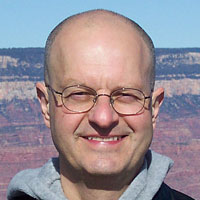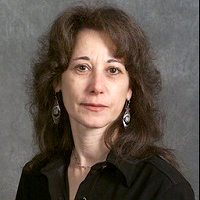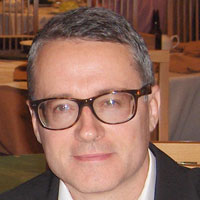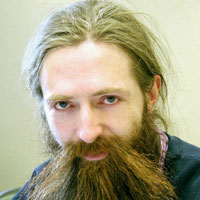Getting old is an unavoidable truth of life. And yet, for most of modern history this mortal coil has baffled scientists. Over the past decade, however, researchers have made great strides in understanding the cellular, molecular, and genetic tableau of aging—which has brought the next question into sharp focus: Can aging be stopped? While a full answer remains elusive, recent advancements have opened the door for significantly extending the human lifespan. One controversial researcher even claims that the first person who will live 1,000 years has already been born. Mainstream researchers are decidedly more cautious in their predictions, but the prospect of postponing mortality, even in modest ways, raises important ethical, social, and practical questions. How would we control an increasingly out-of-control global population? Does life have meaning without death? Even if we could live forever, would we want to?
















